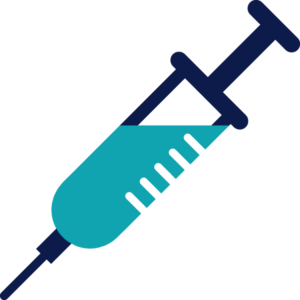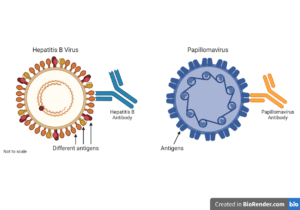Your immune system is your body’s natural defence system. Vaccines work by teaching your immune system to recognise things that don’t belong in your body. Your immune system can recognise these germs because they are coated in proteins and sugars (known as antigens) that don’t match any in your body. When you have a vaccine, it trains your body to recognise these unusual coatings, and your immune system develops a ‘memory’ of what the infecting germ looks like. This means that if you come into contact with a disease, your immune system can fight it off before you even get ill!
Watch a useful animated video showing how vaccines work:
Vaccines video


